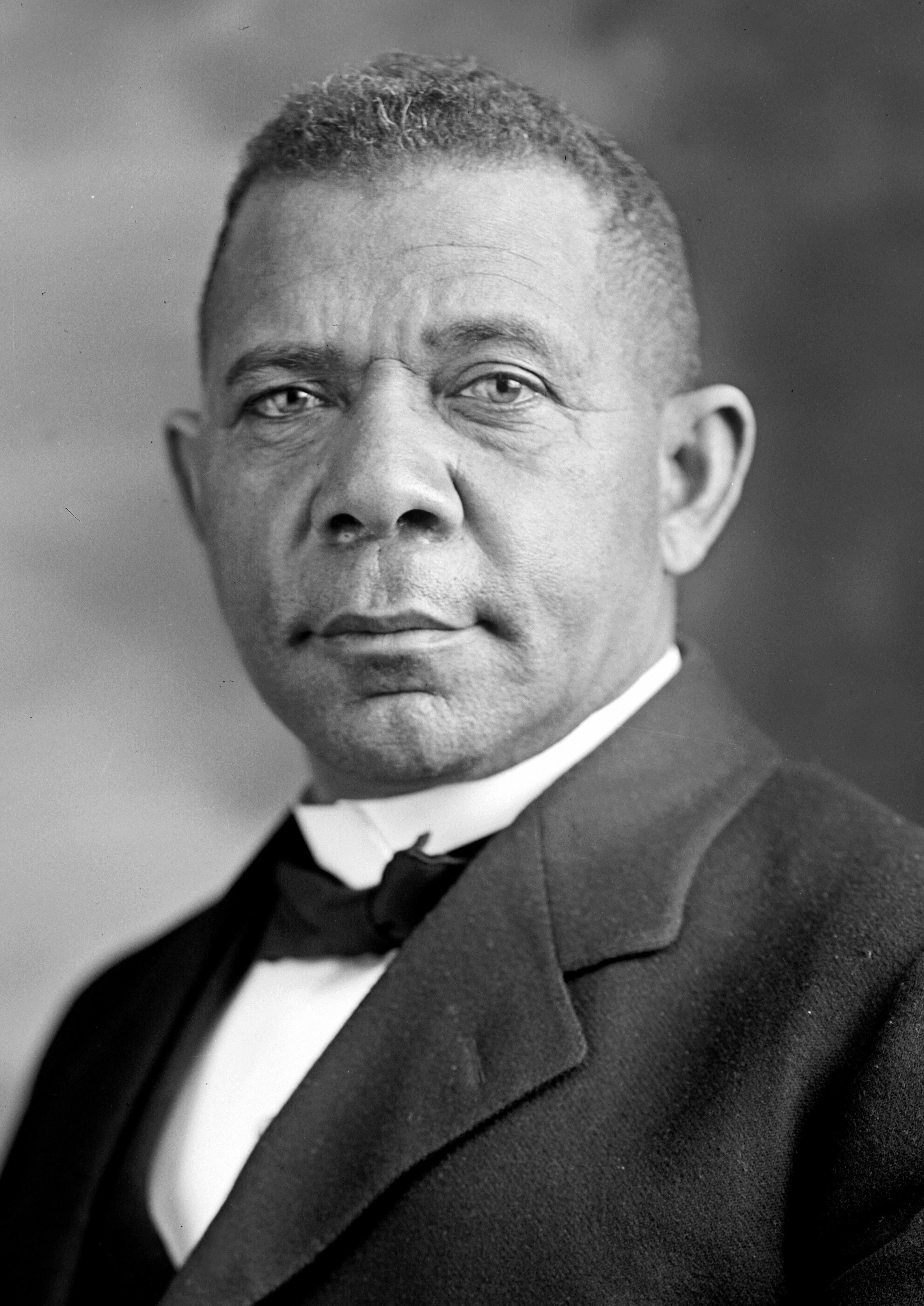One of my Christmas gifts from Kari was Booker T. Washington’s autobiography, Up from Slavery, first published in 1901. Kari hastily told me that she knows I’m not fond of autobiographies. (She’s right. In my opinion, it takes a lot of ego to believe that people are so interested in learning about your life that they’ll pay to read about it, and I usually find autobiographies to be very egotistical.) Kari followed up by telling me it’s a really good story and a quick read. She was right again.
Booker T. Washington was born a slave in 1856–just before the Civil War–and was a young man during the Reconstruction period. All his life, he was determined to get an education, and managed to work his way through the Hampton Institute in Hampton Virginia. The Hampton Institute was founded and headed by General Samuel Armstrong, a commissioned officer in the Union Army. Armstrong is best remembered for his work as an educator, helping the freed slaves to become educated, not only in academics, but through technical and industrial training as well. Washington adopted Armstrong’s teaching methods and philosophy in his Tuskegee Institute in Tuskegee, Mississippi. There was no greater admirer of General Armstrong than Washington, and the values Armstrong modeled are still applicable today. In his book, Washington writes:
From [Armstrong’s] example, . . . I learned the lesson that great men cultivate love, and that only little men cherish a spirit of hatred. I learned that assistance given to the weak makes the one who gives it strong; and that oppression of the unfortunate makes one weak. . . . [Armstrong] was too big to be little, too good to be mean. (Washington, pp. 96, 104)
